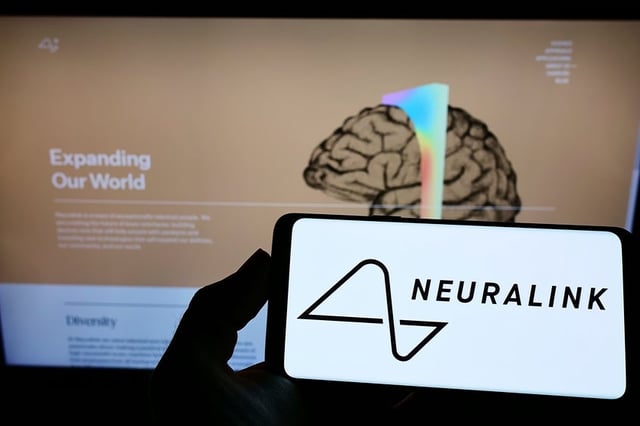Overview
- Neuralink's implant generates 200 times more data than it can currently transmit wirelessly.
- The company has launched a public challenge to find new data compression algorithms.
- Neuralink aims to enroll three patients in a study to test the brain implant's functionality.
- The clinical trial will evaluate the device's potential to help paralyzed patients control digital devices with their thoughts.
- The study is expected to run until 2031, with primary completion by 2026.


